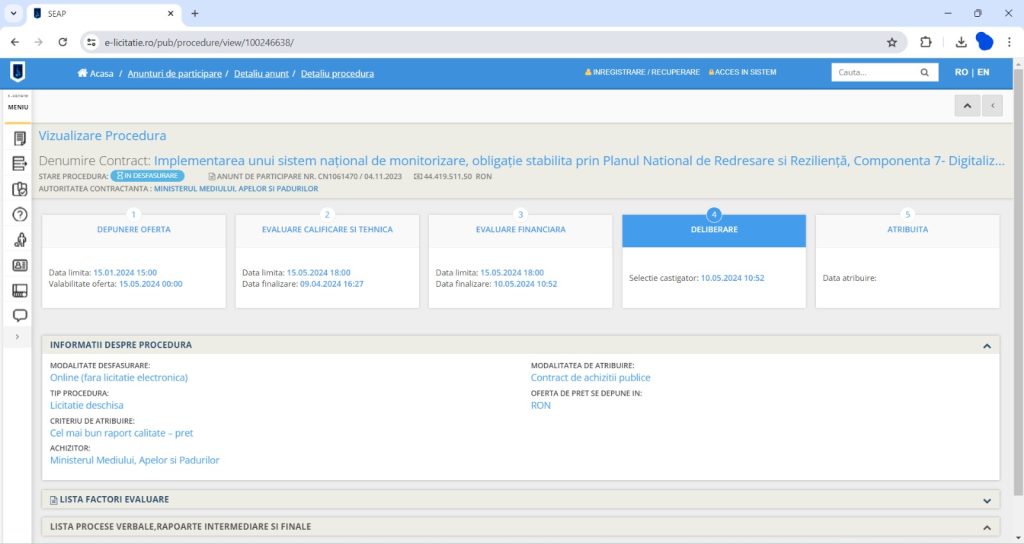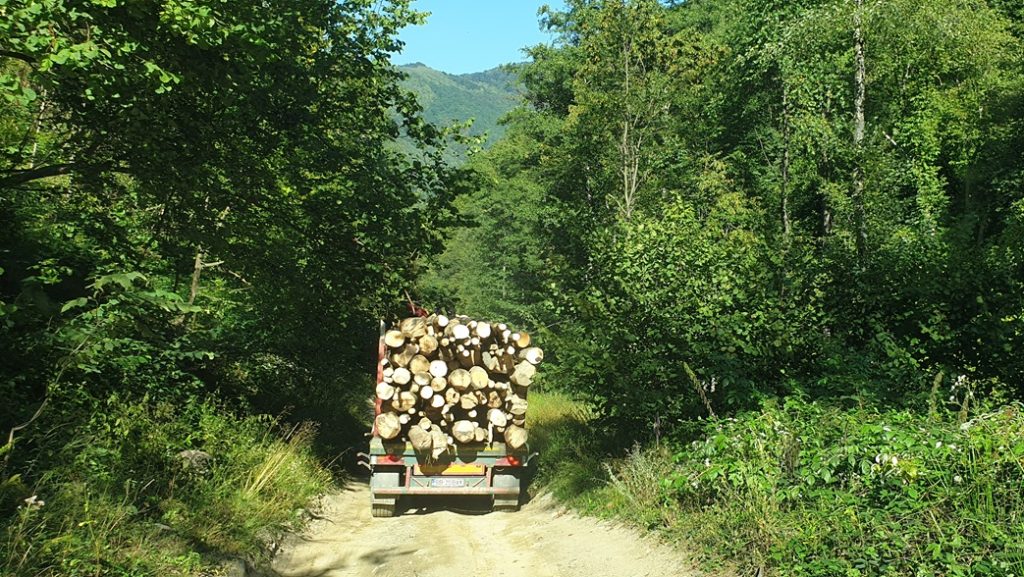Romania is on the way to becoming a positive example both in Europe and worldwide for how it fights to protect its forests and biodiversity. The Ministry of Environment has announced that our country is already using advanced technology, such as artificial intelligence, to conduct inspections in the forest.
In a pilot project, it conducted a first automated analysis with the help of GOOGLE of hundreds of thousands of permits issued in November last year, which involved uploading over 1.5 million photos of timber transports into the SUMAL 2.0 timber traceability system.
The types of „fine-tuned” irregularities identified automatically give us hope that, as a result of the project conducted by the Ministry of Environment within the National Recovery and Resilience Plan, SUMAL will be able to operationalize the concept of a digital footprint for timber transports, supported by WWF. We notice that the authorities have taken concrete steps in this direction, and on SEAP, the electronic platform that ensures transparency in the public procurement process, the contract appears to have already been awarded.

The monitoring carried out by WWF for three consecutive years also clearly shows that illegalities in the forests continue, which means that the fight against them must be supported by new tools using modern techniques. Therefore, we believe that a new SUMAL 3.0 is necessary. The authorities have decided to start working on this platform, which we hope will close the gaps that WWF identified a few years ago.
At the same time, we see that the Forest Guards have intensified their thematic inspections, following a risk-based approach, and are analyzing, including with the help of artificial intelligence programs, the photos attached to the timber transport permits through SUMAL. The results show that sometimes even a third of these photos are non-compliant, which confirms the results presented by WWF following independent assessments.
All this is happening as Parliament is currently discussing the approval of a new Forestry Code, which we hope will establish a new architecture for fighting illegal logging, as already committed to in the National Forest Strategy 2030.
If the authorities continue to develop the projects they have started, in order to use modern monitoring and control techniques, and implement the administrative reforms committed to for forestry, we believe that our country could successfully close the infringement procedure that the European Commission opened against Romania in 2020. Moreover, SUMAL could become a model to follow because illegal logging and untaxed wood affect all countries, not just the forests of Romania.

